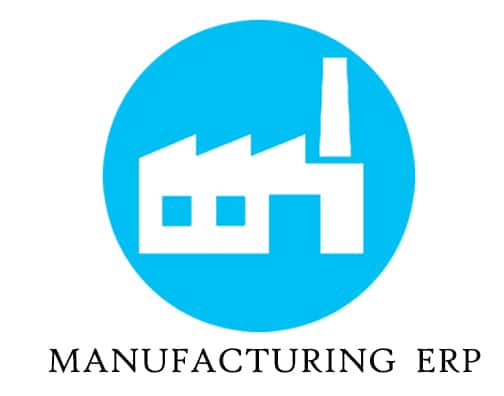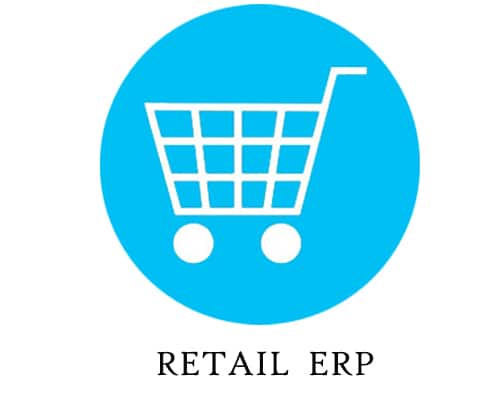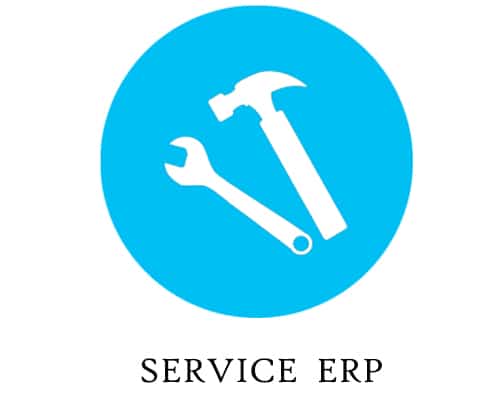Description
Following are the production streams included in Integra ERP for manufacturers
Flow Production
Flow production or mass production is called a continuous process or a continuous flow process because the materials, either dry bulk or fluids that are being processed are continuously in motion, undergoing chemical reactions or subject to mechanical or heat treatment. Producing a finished product or multiple finished product by mixing or adding multiple raw materials/components or combination of semi finished item with added materials/components. This type production style is mainly practiced by food and packaging industry and also called mass production.
| ► | RM setup for a finished goods or semi finished goods. |
| ► | Automatic deduction of RM from stock in respect of production quantity. |
| ► | Provision for manual issue of raw material. |
| ► | Set standard cost (budgeted cost of each raw material and manufacturing expense to get the assumed cost of production). |
| ► | Analysis the cost variant to enable revision in price policy or sales equations. |
| ► | Provision to add manufacturing expenses and factory overheads to get exact cost of production of single unit. |
| ► | Periodical costing statement and costing analysis. |

Line production is also known as discrete production. Some industries like assembling units practicing line production method to arrive in to the final product after a series of line or stage. Each lines some additional raw material or consumables will be added along with the cost addition such as factory overheads. Assembling units like bicycle, car plants, toys, plastic products are the example for line production units. Once the production process started it will go through the entire production line till it become the final product for testing and quality checking. work planning and the material planning are the most important elements of success this of style of production. We should ensure raw material/parts availability on time otherwise the process will be obstructed and will result to complete disorder in the production lines.
We should carefully implement the ERP system to manage all the activities. Integra ERP ensure proper implementation as the the flow chart of the production process.
| ► | Provision for multi layer assembly lines. |
| ► | Provision for setting multiple assembly stages and define the process of each assembly stages. |
| ► | Lean time for each assembly stages and for the final production. |
| ► | Bill of Materials (BOM) for each assembly stages along with the manufacturing overheads. |
| ► | Provision for sub assembly and its BOM and costing. |
| ► | Final product costing and comparison with the actual cost. |
| ► | Line wise working progress analysis and costing. |
| ► | Production planning and setting production targets. |
| ► | Material planning and supply chain management. |
| ► | Line wise update of production status. |
| ► | Final production update and closing. |
| ► | Provision for finished goods testing and quality checking. |
| ► | Raw material quality management and reporting. |
| ► | Production planning and controls. |
Batch Production
Batch production is a manufacturing method used in where production has to be controlled and managed by batch to batch. Process oriented manufacturing units in sector like pharmaceuticals, food, paints, FMCG and chemicals are mainly operating through batch production methods. Right from the batch planning, production process may involve deferent stages of operation in between starting to final stage, ie finished goods. In each stage production process may derives some semi finished products then added to additional raw material or ingredients and clubbing semi finished products together then to next stage. This process will continue up to the finished goods. We can analysis the costing factors of each batch along with the raw material consumption. as in each stage of operation there may be cost additions such as material cost, machinery cost, factory overheads and man cost etc.
| ► | Batch production planning and costing. |
| ► | Provision to start and end batch process. |
| ► | Batch wise material planning. |
| ► | Batch wise production entry and stock update. |
| ► | Batch number tracking. |
| ► | Batch volume and cost analysis. |
| ► | Batch production statement. |
| ► | FG grouping and packing process. |
| ► | Bar-coding facility for packed items. |
| ► | Supply chain management for raw material procurement. |
Job Production
Job production is also called as jobbing or one-off production. Production planning and costing factors will vary from job to job according to the customers need and specifications. Each job or set of jobs will be treated separately and work designing, raw material proportion and consumption, machine and labour cost will be calculated each time for a customer specification based job production. Single or more quantities of a product may be produced under this method for a specific customer. Machinery manufactures, fabrication units, vehicle body building unit are example for adopting such production methodology. Costing and profitably factors and proportions will be calculated on each job according the specification and design of work assigned.
| ► | Enquiry entry from customers. |
| ► | Designing, BOM and costing. |
| ► | Design approvals form higher authorities. |
| ► | Quotation/design submission to customers. |
| ► | Works order/sales order from customer. |
| ► | Issue job to production/planning. |
| ► | Project wise material planning. |
| ► | Assembly line wise woks planning. |
| ► | Testing and FG quality checking. |
| ► | RM request to stores. |
| ► | Vendor quotation management. |
| ► | Purchase order management. |
| ► | Erection/commissioning. |
| ► | Project billing and accounting. |
| ► | Job wise profitability analysis. |
Why to choose Integra ERP for Manufacturers?
| ► | Flexible production process selection according to the work flow design of the company. |
| ► | Day to day analysis of standard cost and actual cost comparison and fast decision making power in pricing policy. |
| ► | Easily understand what’s happening in every corner of their process line and make smarter decisions. |
| ► | The clear and correct data of the business and across the functional activities. |
| ► | Control over inventory and financials. |
| ► | Production process controls. |
| ► | Ability to “tailor” or configure the system to better fit specific vertical markets. |
| ► | Integration and synchronization of all aspects of the manufacturing process and accommodates both short and long production runs in the following manufacturing environments. |
| ► | Providing quotes that are accurate and keep costs under control. |
| ► | Managing material, labour and scrap during work in progress. |
| ► | Minimizes manufacturing cost and maximizes resource utilization. |














